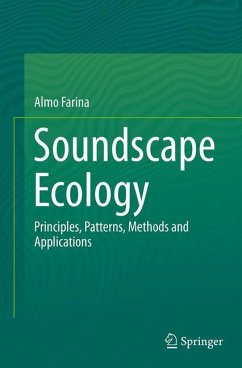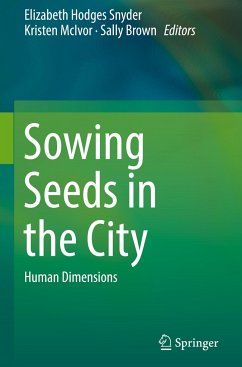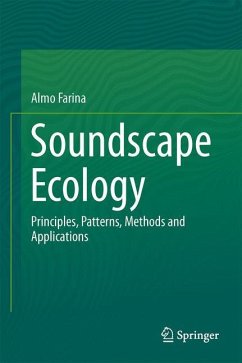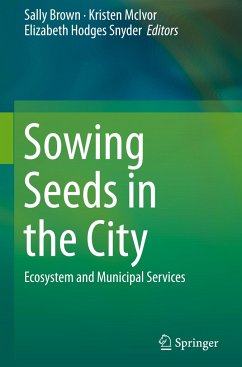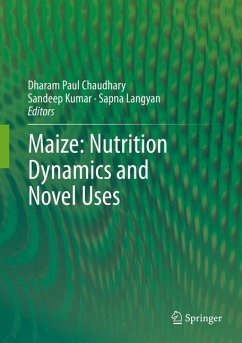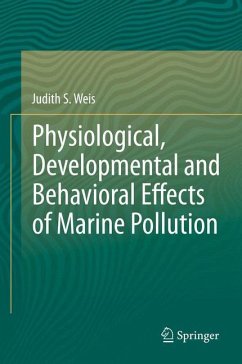
Physiological, Developmental and Behavioral Effects of Marine Pollution
Versandkostenfrei!
Versandfertig in 6-10 Tagen
76,99 €
inkl. MwSt.
Weitere Ausgaben:

PAYBACK Punkte
38 °P sammeln!
Synthesizing decades of work, but up-to-date, this book focuses on organism-level responses to pollutants by marine animals, mainly crustaceans, molluscs, and fishes. Emphasizing effects on physiological processes (feeding/digestion, respiration, osmoregulation), life-cycle (reproduction [including endocrine disruption], embryo development, larval development, developmental processes later in life (growth, regeneration, molting, calcification, cancer), and behaviour, the book also covers bioaccumulation and detoxification of contaminants, and the development of tolerance. The major pollutants ...
Synthesizing decades of work, but up-to-date, this book focuses on organism-level responses to pollutants by marine animals, mainly crustaceans, molluscs, and fishes. Emphasizing effects on physiological processes (feeding/digestion, respiration, osmoregulation), life-cycle (reproduction [including endocrine disruption], embryo development, larval development, developmental processes later in life (growth, regeneration, molting, calcification, cancer), and behaviour, the book also covers bioaccumulation and detoxification of contaminants, and the development of tolerance. The major pollutants covered are metals, organic compounds (oil, pesticides, industrial chemicals), nutrients and hypoxia, contaminants of emerging concern, and ocean acidification. Some attention is also devoted to marine debris and noise pollution.







